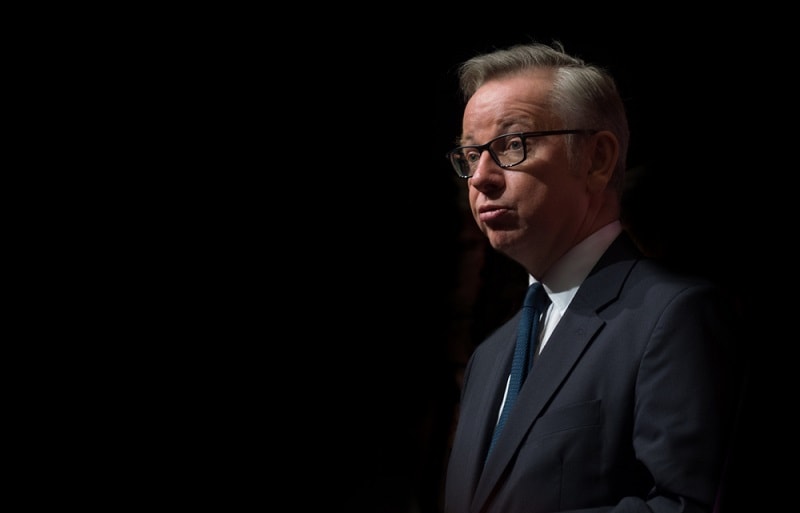Housing secretary Michael Gove has sent a thinly veiled dig at Tory dissenters by arguing that abolishing Section 21 isn’t “unconservative”.
Gove was speaking in parliament as part of the long-awaited second reading of the Renters’ Reform Bill, with the first taking place six months ago.
The delays to the bill’s progress were reportedly caused by Tory hardliners who raised concerns about the abolition of Section 21, which will mean landlords will have to go through the courts to secure an eviction.
Gove acknowledged that the delay was caused by “policy discussions within government”, though he added that “it doesn’t excuse the need to do better”.
He pledged to make sure the justice system is “fit for purpose” before moving ahead with the bill, which some tenant groups worry will mean it will take years before Section 21 is abolished, despite the manifesto pledge taking place in 2019.
Gove said: “Getting rid of Section 21 means that a weapon used by unscrupulous landlords can no longer be in their hands. Section 21 no fault eviction is used by that small minority of bad landlords essentially to intimidate tenants.
“It is the case that a significant number of tenants have concerns about the quality of their home or indeed about excessive rent rises, but Section 21 has been used to silence those who have complained about the quality of their property, to intimidate them into accepting excessive rent rises, and in certain circumstances it has been prosecuted anyway, leading to a significant number of people – 20,000 in the last year – finding themselves rendered homeless – and therefore the taxpayer and local authorities having to pay for their accommodation.
“It is in nobody’s interest to allow unscrupulous landlords to continue to behave in this way, to allow vulnerable people to be rendered voiceless in this way, and to force the taxpayer to pick up the bill.
“The idea that abolishing section 21 is somehow unconservative is to me absolutely nonsensical. Conservatives exist to protect the vulnerable in society, to make sure markets work, and to save the taxpayer money.”
Gove then rattled off Tory legislation previously introduced in the private rented sector in a bid to defend its record, including the 2019 Tenant Fees Act, which banned letting fees and capped tenancy deposits paid by tenants.
Responding to some dissent from his own party, Gove said the government will make it easier for landlords to prove that their tenants are engaging in anti-social behaviour when looking to secure an eviction, as a means to even the scales between tenants and landlords.
Separately, Gove said a number of the concerns raised by the Select Committee have been implemented.
For example, the student market will be regulated separately to the rest of the private rented sector, given that having a churn of tenants is the regular model in that sector.
Meanwhile he batted away calls from former Labour leader Jeremy Corbyn to introduce rent controls, as Gove argued that such a policy always ends up reducing supply.
